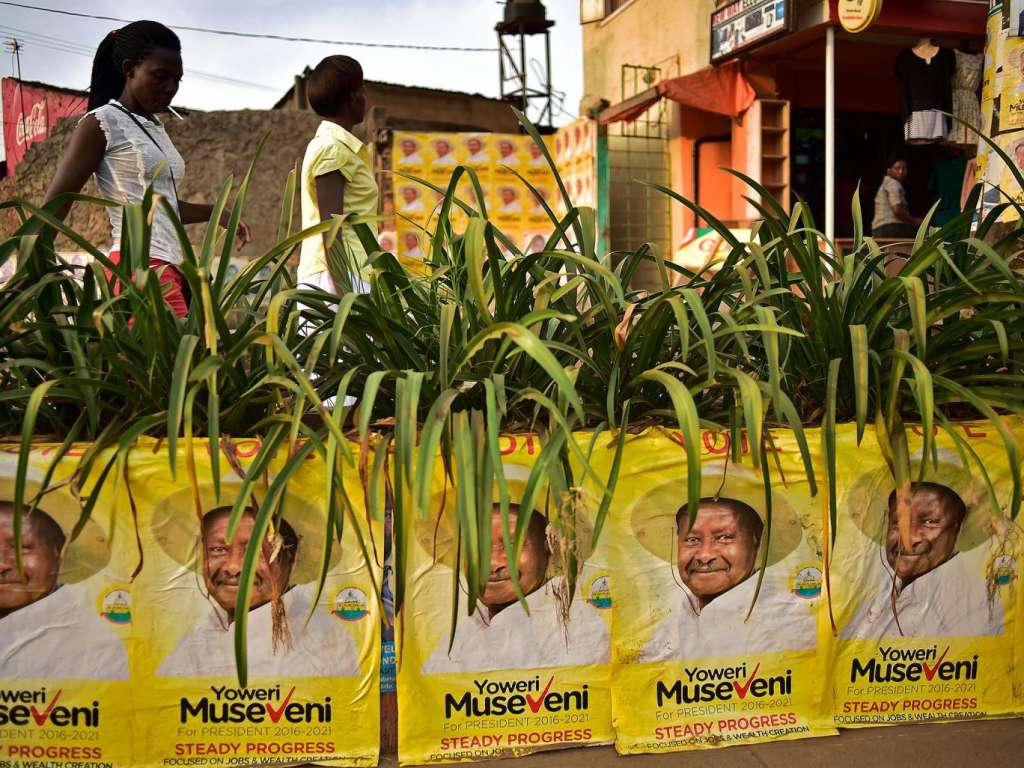
President Yoweri Museveni won the election on 18 February. He has not been accused in connection with the alleged child sacrifice cases Getty Images/AFP
A children’s charity reported that half a dozen children have been murdered and mutilated as ‘good luck sacrifices’ in the recent Ugandan elections, which was won by President Yoweri Museveni.
“Child sacrifice cases are common during election time as some people believe blood sacrifices will bring wealth and power,” said Shelin Kasozi of Kyampisi Childcare Ministries (KCM), a charity that cares for survivors of attempted child sacrifice.
The charity stated that suspects had been apprehended but no cases have come to court.
Six cases were reported from October to February in four districts in Ssembabule, Mukono, Buikwe and Mubende districts in central Uganda.
A 2014 report by the UNHRC found that although many condemned the practice there were still some who believed that the ritual spilling of blood was needed to celebrate success, chase away evil spirits or protect someone from bad luck.
Moses Binoga, coordinator of the anti-trafficking task force at the interior ministry, says children have been reported missing during the election period, but he can’t confirm the charity’s reports.
He says seven children and six adult sacrifice cases were reported in Uganda last year, compared to nine children and four adult sacrifice cases reported in 2014.
Binoga said the mutilated bodies of children and adults had been found, some with hearts or livers ripped out. In two cases reported last year the victims’ heads were missing, he said.
In a 2012 case, 82-year-old Hanifa Namuyanja was sentenced to 15 years in jail for taking part in the sacrifice of her granddaughter Shamim Nalwoga.
Police found the girl’s body with her tongue and eyes cut out and genitals mutilated, the court heard.
President Yoweri Museveni won a Feb. 18 election, extending his 30-year rule in a vote criticized by the United States and European Union. Ugandans also voted in municipal and parliamentary elections.
Chief observer for the European Union mission, Eduard Kukan, told reporters in Kampala that the poll was shaken with a “lack of transparency and independence” at the Ugandan electoral commission.
Museveni, 71, has presided over robust economic growth in Uganda, but faces escalating accusations at home and abroad of taking sever measures on conflict and failing to tackle rampant corruption in the nation of 37 million people.
The ruling National Resistance Movement party said the veteran leader’s victory showed “opponents failed to offer any alternative apart from empty promises”.
According to the electoral commission, Museveni won 60.8 percent of the vote, while main opposition candidate Kizza Besigye secured 35.4 percent.
